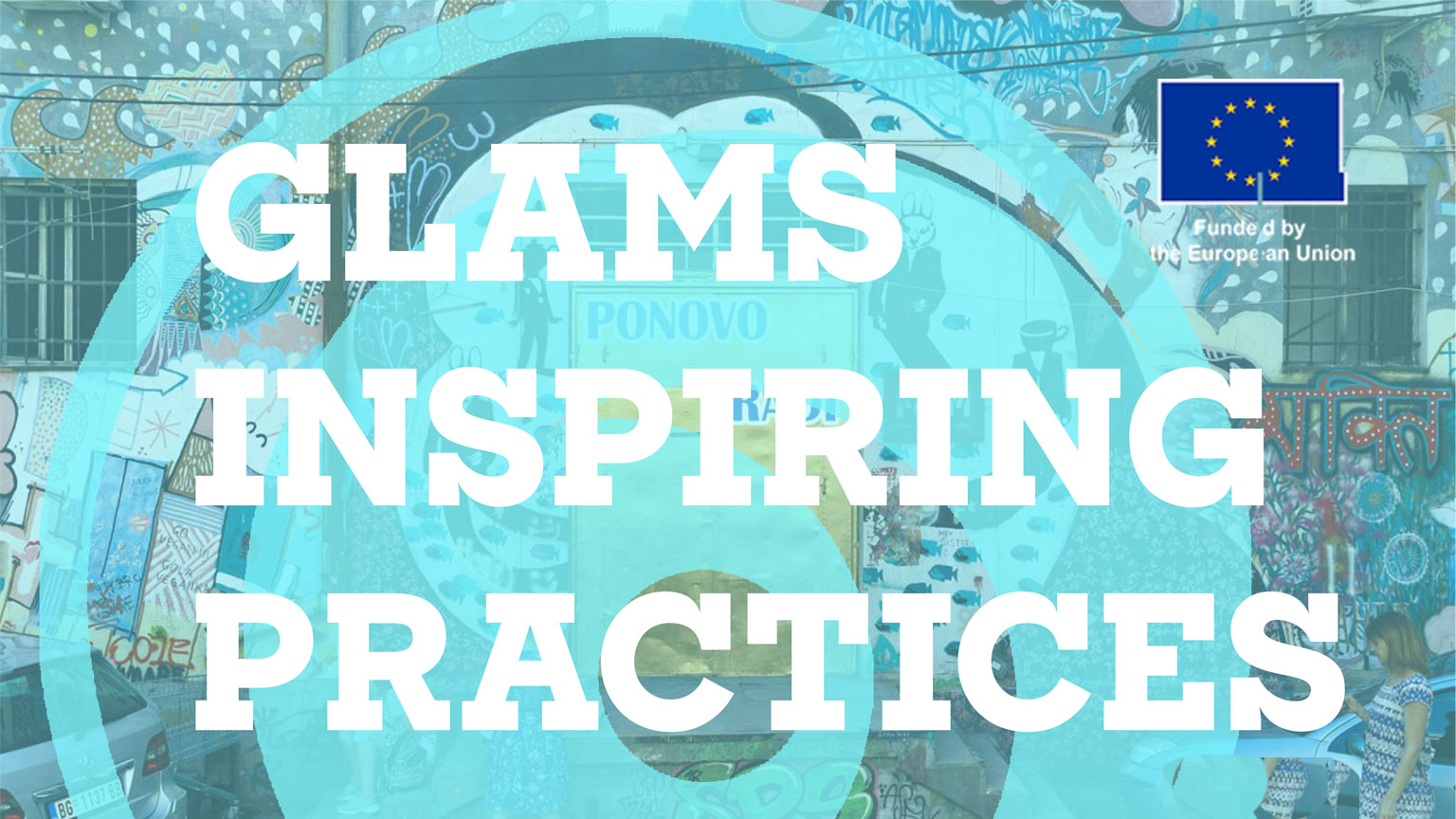
a working paper by Ares Kalandides and Bastian Lange (Inpolis):
Five inspiring practices of GLAMs as commons have been examined in this document. These cases were chosen as they highlight the importance of community engagement, volunteerism, and the preservation of cultural and historical resources. They represent efforts to create and maintain accessible spaces for knowledge-sharing and cultural enrichment, often adapting to changing circumstances and needs within their respective communities.
The Oral History Groups (OHGs) in Greece represent a network of self-organized initiatives focused on collecting and disseminating oral history archives. With horizontal governance and content creation, these groups aim to preserve personal stories, both historical and contemporary, through collective effort.
The Contemporary Social History Archives (ASKI) in Athens, Greece, serves as a repository of left-wing political and social movements’ history, with an extensive collection open to the public. ASKI also actively engages in educational activities, publications, and public events to share this valuable knowledge.
The Schwules Museum in Berlin, Germany, stands as a unique institution that combines political expression, scientific archival work, exhibitions, and workshops, all organized under an association structure. It emphasizes LGBTQ+ history and culture, adapting to changing demands while maintaining a strong volunteer presence.
The Ekatarina Pavlovic Library, part of the Rural Cultural Center Markovac in Serbia, promotes culture, education, and social services in an underprivileged region. Based on feminist pedagogy, it encourages critical thinking, creativity, and civic awareness.
Ostavinska Gallery in Belgrade, Serbia, operates within the Magacin cultural center, offering free access to spatial and technical resources for various art and social activities. It promotes cultural exchange, social cohesion, and community organizing.